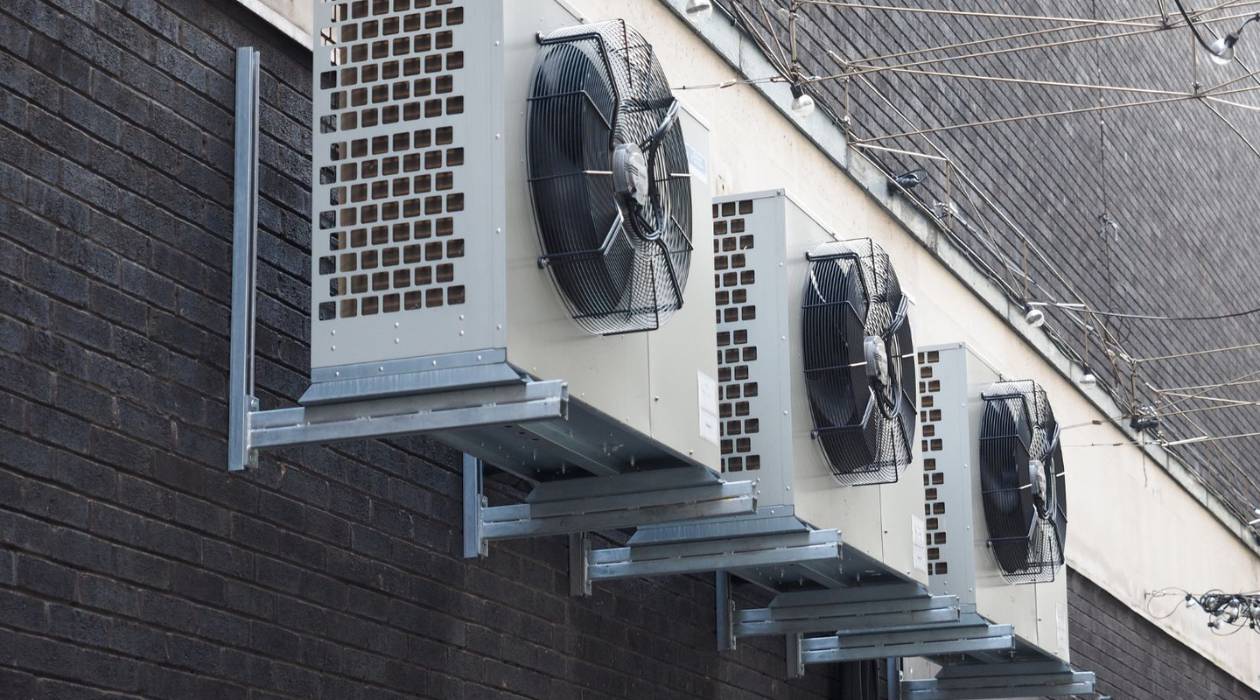

Articles
How Much Electricity Does An HVAC System Use
Modified: January 6, 2024
Looking for articles on how much electricity a HVAC system uses? Find out the energy consumption of heating, ventilation, and air conditioning units in this informative guide.
(Many of the links in this article redirect to a specific reviewed product. Your purchase of these products through affiliate links helps to generate commission for Storables.com, at no extra cost. Learn more)
Introduction
An HVAC (Heating, Ventilation, and Air Conditioning) system plays a crucial role in maintaining comfortable indoor temperatures and ensuring optimal air quality. These systems are commonly found in residential, commercial, and industrial buildings. While HVAC systems are essential for our comfort, they also consume a significant amount of electricity.
In this article, we will dive into the factors that influence the electricity usage of HVAC systems, explore the typical energy consumption of these systems, and provide strategies to help reduce their energy consumption.
Key Takeaways:
- Understanding the components and factors influencing HVAC electricity usage is crucial for optimizing energy consumption. Implementing strategies like regular maintenance and smart thermostats can lead to significant cost savings and a more sustainable approach to heating and cooling.
- HVAC systems play a vital role in maintaining indoor comfort but can consume a substantial amount of electricity. By embracing energy-saving strategies such as proper insulation and smart energy management systems, significant reductions in electricity usage can be achieved, benefiting both the environment and finances.
Read more: How Much Does An HVAC Inspection Cost
Understanding HVAC Systems
HVAC systems consist of several components that work together to regulate the temperature, humidity, and air quality in a building. Understanding how these components operate is crucial in comprehending the electricity usage of HVAC systems.
The primary components of an HVAC system include:
- 1. Heating Unit: This component is responsible for generating heat to warm up the indoor space during colder months. It can utilize various energy sources such as electricity, natural gas, or oil.
- 2. Cooling Unit: The cooling unit, often known as an air conditioner, removes heat and lowers the temperature indoors during hot and humid weather. It typically operates using electricity.
- 3. Ventilation System: The ventilation system ensures the circulation of fresh air throughout the building by exchanging indoor and outdoor air. It helps eliminate stale air, odors, and pollutants.
- 4. Air Distribution System: This system consists of ductwork, fans, and vents that distribute conditioned air from the heating or cooling unit to different areas of the building.
- 5. Thermostat: The thermostat acts as the control center for the HVAC system. It allows users to set their desired temperature and operates the system accordingly.
It’s important to note that the size and capacity of an HVAC system can vary depending on the building’s size, layout, insulation, and climate conditions. Larger buildings may require multiple units or zoning systems to provide adequate heating and cooling.
Now that we understand the basic components of an HVAC system, let’s explore the factors that affect the electricity usage of these systems.
Factors Affecting the Electricity Usage of HVAC Systems
Several factors influence the electricity usage of HVAC systems, including:
- System Efficiency: The efficiency of an HVAC system is a crucial factor in determining its energy consumption. Higher efficiency systems utilize energy more effectively, resulting in lower electricity usage. Look for systems with high SEER (Seasonal Energy Efficiency Ratio) ratings for air conditioners and AFUE (Annual Fuel Utilization Efficiency) ratings for heating units.
- Building Insulation: The level of insulation in a building affects how well it retains heated or cooled air. Insufficient insulation leads to increased energy loss, as the HVAC system needs to work harder to maintain the desired temperature.
- Thermostat Settings: Setting the thermostat at optimal temperatures can significantly impact energy usage. Lowering the thermostat in winter and raising it in summer can reduce energy consumption. Also, utilizing programmable or smart thermostats allows for more precise control and can help optimize energy usage.
- Air Filtration: Clogged or dirty air filters restrict airflow and force the HVAC system to work harder. Regularly cleaning or replacing air filters is crucial for efficient operation and to avoid unnecessary energy usage.
- Ductwork Efficiency: Leaky or improperly insulated ductwork can result in air loss, reducing the efficiency of the HVAC system. Ensuring proper installation and maintenance of ductwork can help minimize energy wastage.
- Climate and Weather Conditions: The climate and weather conditions play a significant role in HVAC system usage. Extreme temperatures or humidity levels require the system to work harder, leading to increased energy consumption.
- Occupancy and Usage Patterns: The number of occupants in a building and their usage patterns impact HVAC system usage. High occupancy or extended operating hours may require the system to work harder and consume more electricity.
Considering these factors and taking steps to optimize them can help reduce the electricity usage of HVAC systems. In the next section, we will explore the typical energy consumption of HVAC systems.
Regular maintenance of your HVAC system, including cleaning or replacing filters, can improve its efficiency and reduce electricity usage.
Typical Energy Consumption of HVAC Systems
The energy consumption of HVAC systems can vary based on factors such as the size of the building, the efficiency of the system, and the climate in which it operates. However, there are general guidelines regarding the typical energy consumption of these systems.
For residential buildings, it is estimated that HVAC systems account for approximately 40-60% of the total energy usage. Within this, heating typically contributes around 30-40% of the energy consumption, while cooling contributes 10-20%.
Commercial and industrial buildings often have larger HVAC systems to cater to a larger area and a higher number of occupants. As a result, their energy consumption is typically higher compared to residential buildings.
Specifically, air conditioning systems tend to consume more electricity compared to heating systems. Central air conditioning systems can range from 3,000 to 5,000 watts of power for larger buildings. This power demand increases during peak summer months when cooling requirements are higher.
Heating systems, on the other hand, can vary in energy consumption depending on the type of fuel used. Electric heating systems generally consume more energy compared to natural gas or oil-based systems. Heat pumps, which are commonly used for heating and cooling, can be more energy-efficient compared to traditional heating systems.
It’s important to note that these figures are approximate and can vary based on several factors. Therefore, it is recommended to consult with HVAC professionals or refer to specific equipment specifications to determine the actual energy consumption of your HVAC system.
In the next section, we will explore strategies to reduce the energy consumption of HVAC systems.
Strategies to Reduce Energy Consumption of HVAC Systems
To reduce the energy consumption of your HVAC system and lower your electricity bills, consider implementing these strategies:
- Regular Maintenance: Schedule regular maintenance for your HVAC system to ensure it operates efficiently. This includes cleaning or replacing air filters, inspecting ductwork for leaks, and lubricating moving parts.
- Proper Insulation: Improve the insulation in your building to minimize heat loss in winter and heat gain in summer. This reduces the workload on your HVAC system and decreases energy usage.
- Programmable Thermostat: Install a programmable or smart thermostat to better control your HVAC system’s operation. Set energy-saving temperatures when the building is unoccupied or during sleeping hours to save energy without sacrificing comfort.
- Zoning Systems: Implement zoning systems to divide your building into different temperature zones. This allows you to heat or cool specific areas only when needed, reducing energy consumption.
- Air Sealing: Seal any cracks, gaps, or leaks in windows, doors, and walls to prevent air infiltration. This helps maintain a consistent indoor temperature and reduces the strain on your HVAC system.
- Upgrade to Energy-Efficient Equipment: Consider replacing old HVAC equipment with energy-efficient models. Look for systems with high SEER ratings for air conditioners and AFUE ratings for furnaces. Energy Star certified products are a good choice as they meet specific efficiency criteria.
- Optimal Use of Natural Ventilation: Utilize natural ventilation when outdoor conditions allow. Open windows and doors to bring in fresh air and reduce reliance on your HVAC system.
- Use Fans Strategically: Make use of ceiling fans or portable fans to improve air circulation. This can help reduce reliance on air conditioning or heating systems, especially during mild weather.
- Smart Energy Management Systems: Consider installing smart energy management systems that integrate with your HVAC system. These systems use advanced algorithms to optimize energy usage and provide real-time data for better control.
Implementing these strategies can significantly reduce the electricity usage of your HVAC system, resulting in cost savings and a more sustainable approach to heating and cooling.
Let’s conclude our article in the next section.
Read more: How Much Does HVAC Cleaning Cost
Conclusion
HVAC systems play a vital role in maintaining comfortable indoor temperatures and ensuring optimal air quality. However, they can consume a significant amount of electricity. Understanding the factors that affect the electricity usage of HVAC systems is the first step toward implementing energy-saving strategies.
In this article, we explored the components of HVAC systems and how they operate. We also examined the factors that influence electricity usage, including system efficiency, building insulation, thermostat settings, air filtration, ductwork efficiency, climate conditions, and occupancy patterns.
Typically, HVAC systems account for a significant portion of energy consumption in both residential and commercial buildings. Heating and cooling units contribute to this consumption, with air conditioning systems generally consuming more electricity than heating systems.
To reduce the energy consumption of HVAC systems, we discussed various strategies, including regular maintenance, proper insulation, programmable thermostats, zoning systems, air sealing, upgrading to energy-efficient equipment, utilizing natural ventilation, strategic use of fans, and implementing smart energy management systems.
By implementing these strategies, you can significantly reduce your HVAC system’s electricity usage, resulting in cost savings and a more sustainable approach to heating and cooling.
Remember to consult with HVAC professionals and consider specific equipment specifications for accurate information about your system’s energy consumption. Together, we can make a positive impact on both the environment and our wallets.
Thank you for reading!
Frequently Asked Questions about How Much Electricity Does An HVAC System Use
Was this page helpful?
At Storables.com, we guarantee accurate and reliable information. Our content, validated by Expert Board Contributors, is crafted following stringent Editorial Policies. We're committed to providing you with well-researched, expert-backed insights for all your informational needs.
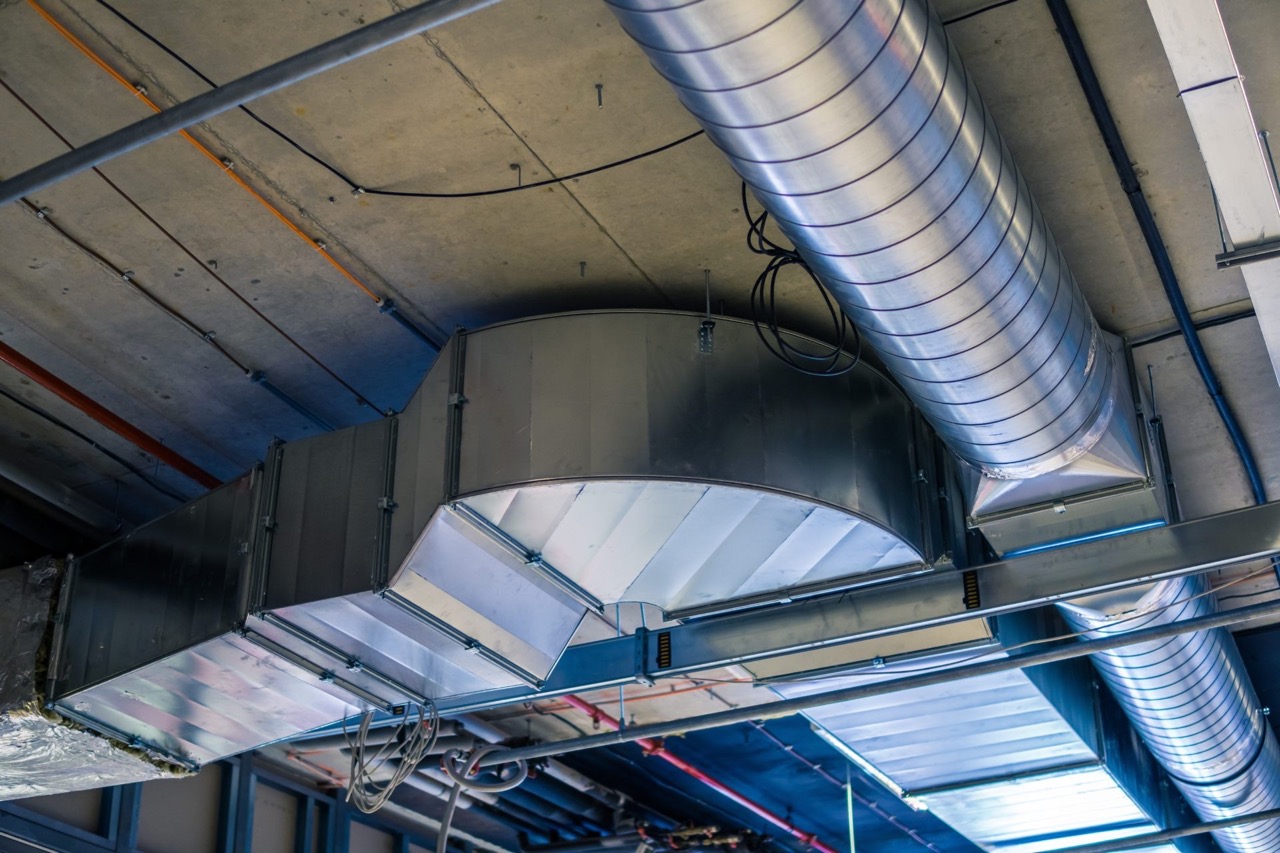
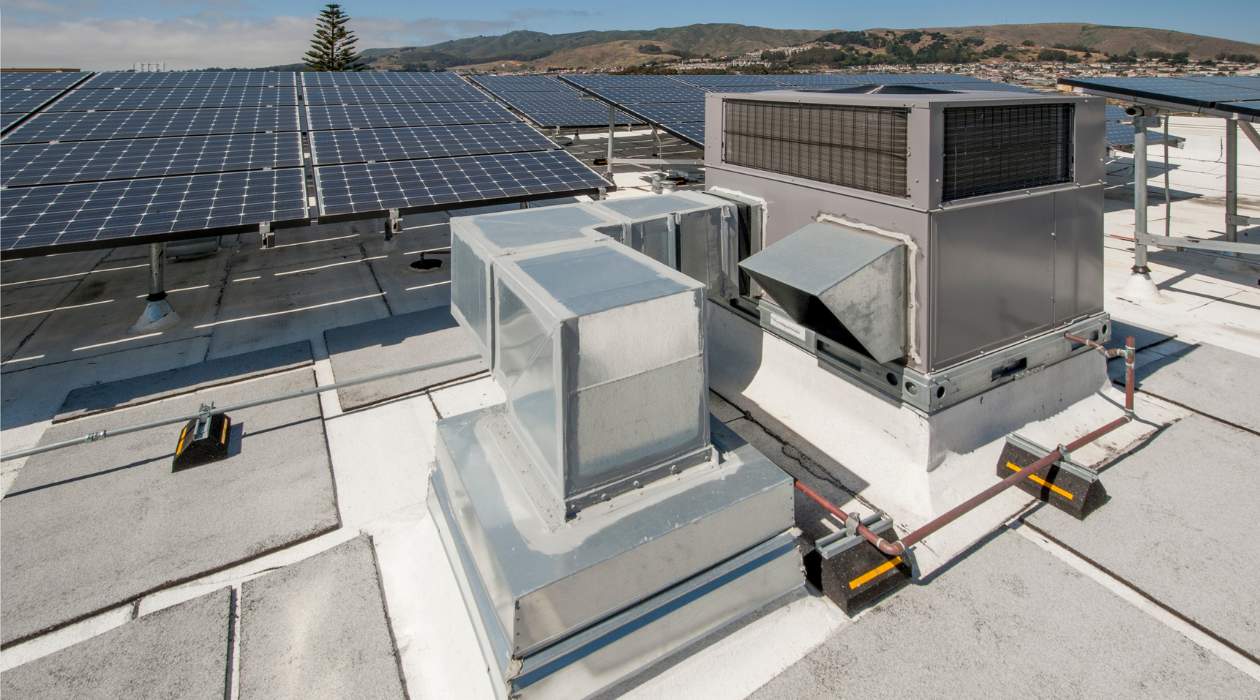
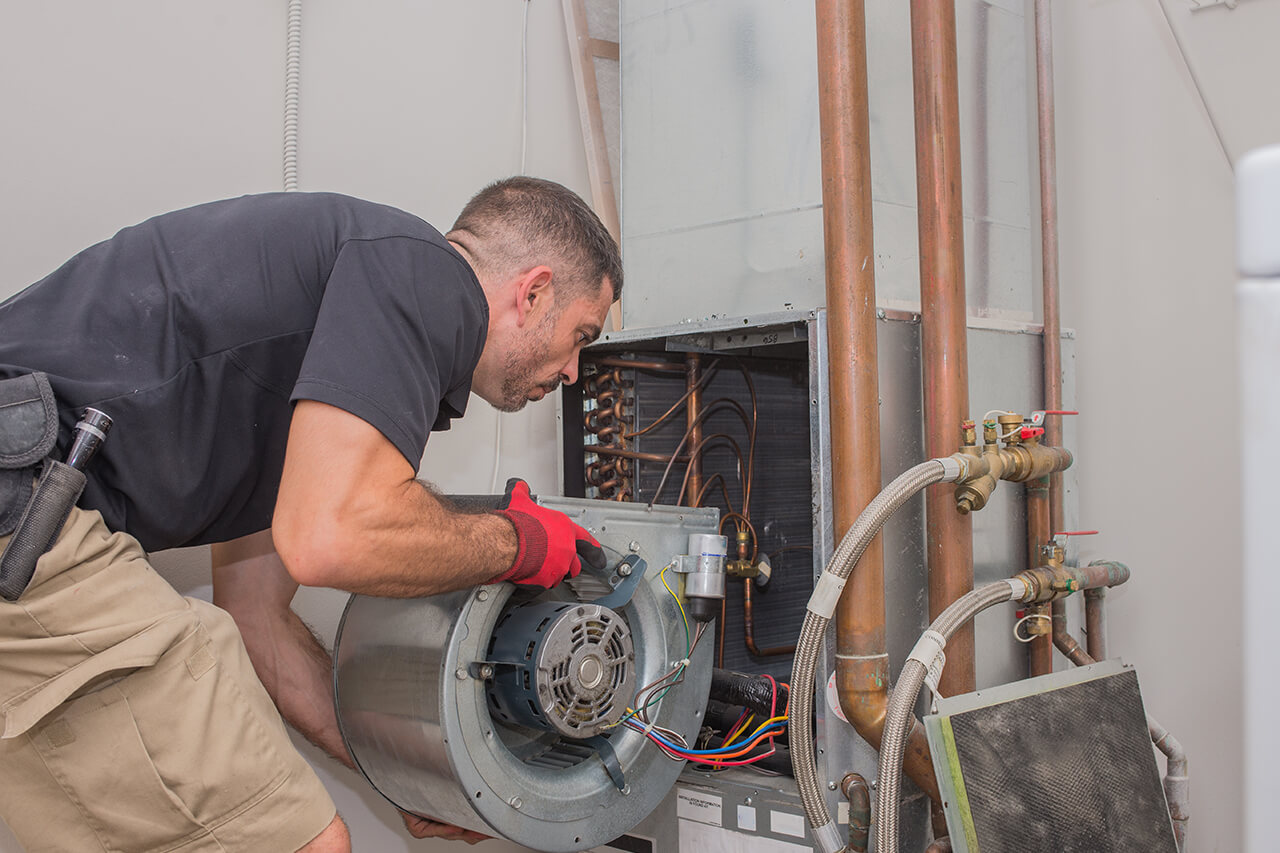
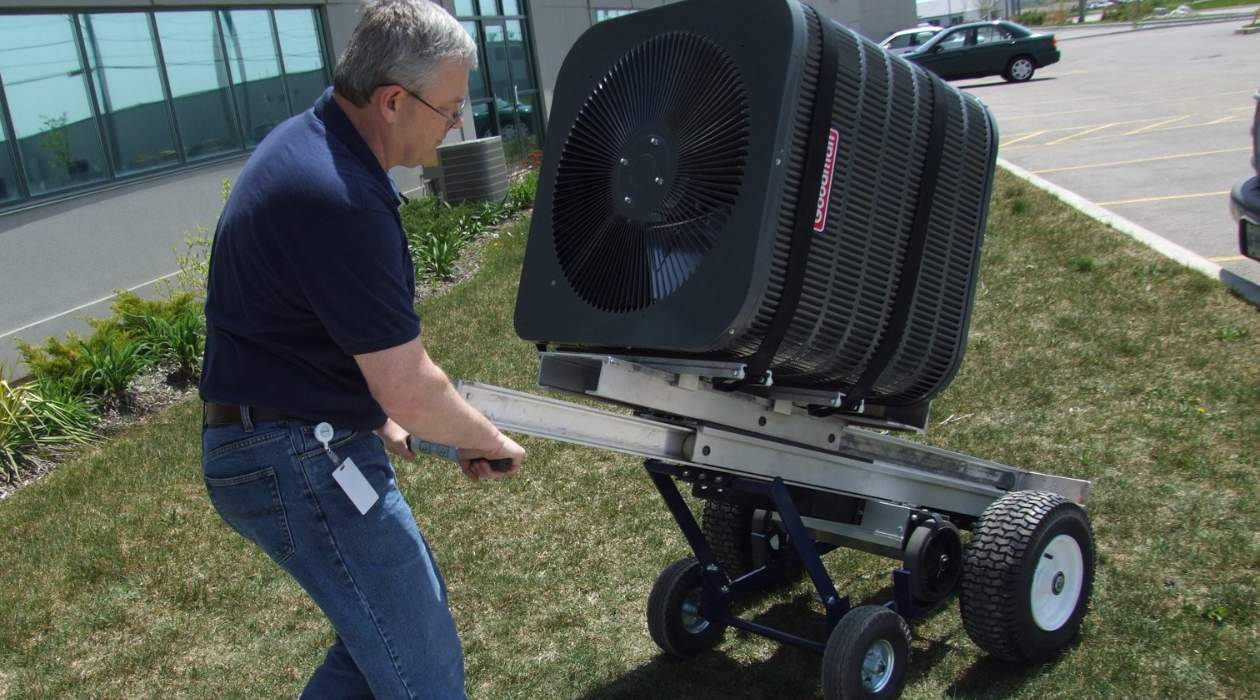
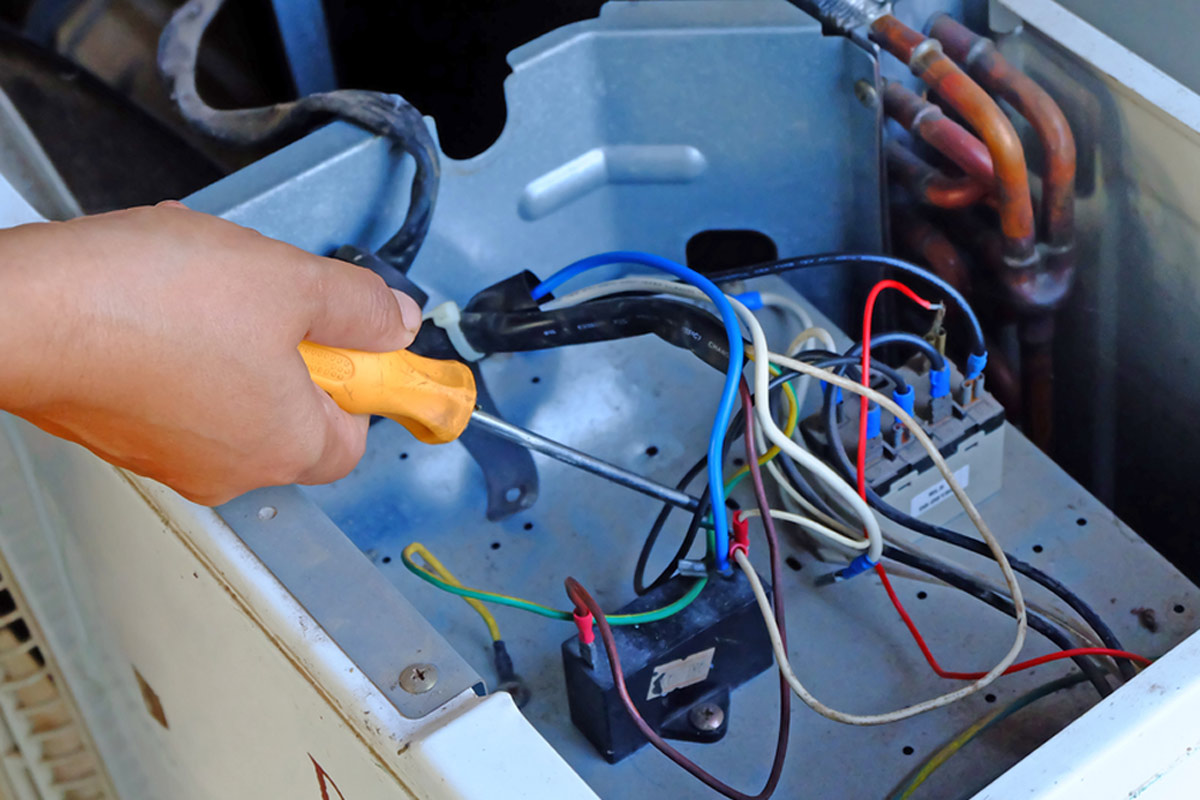
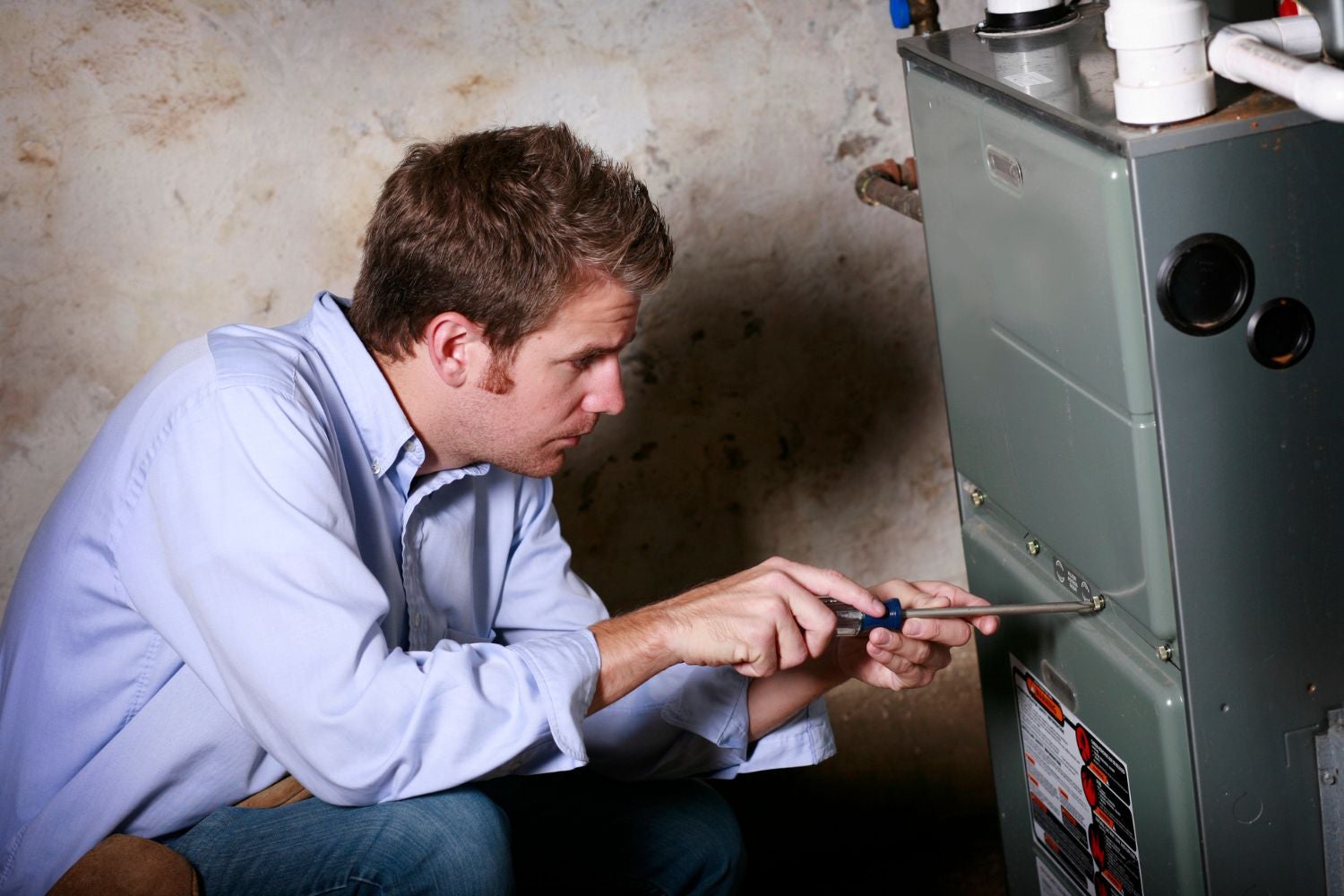
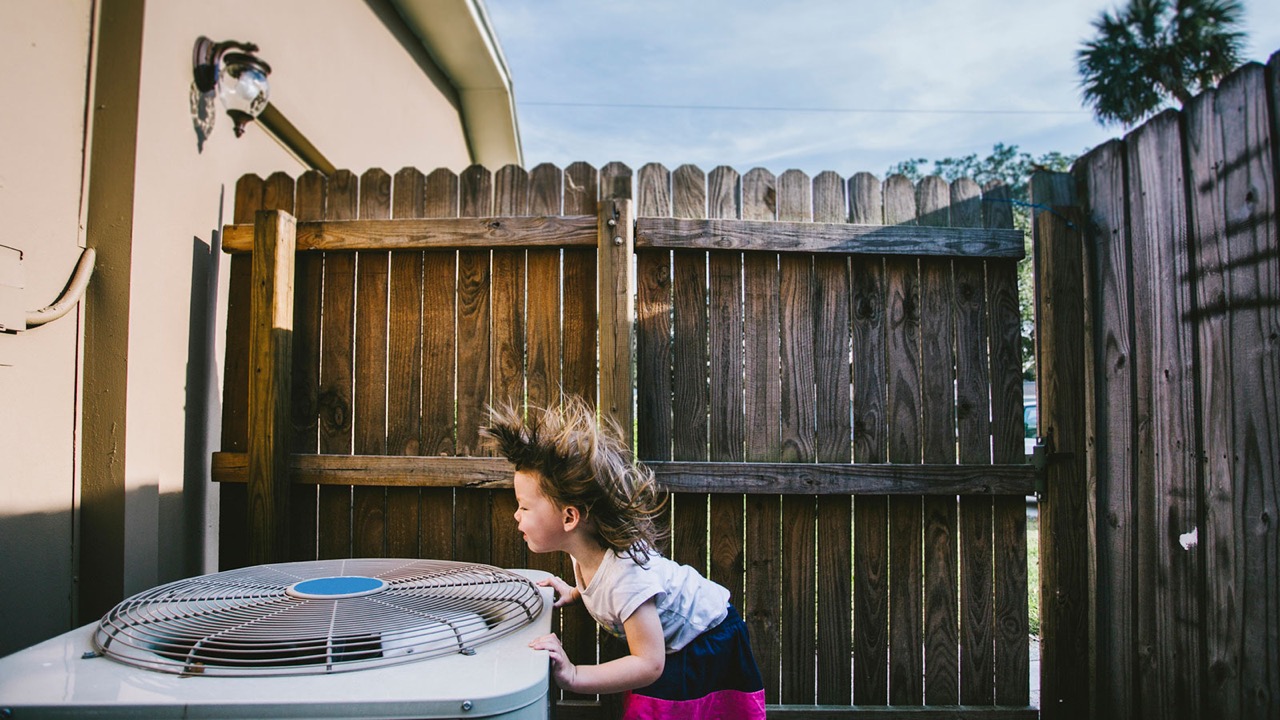
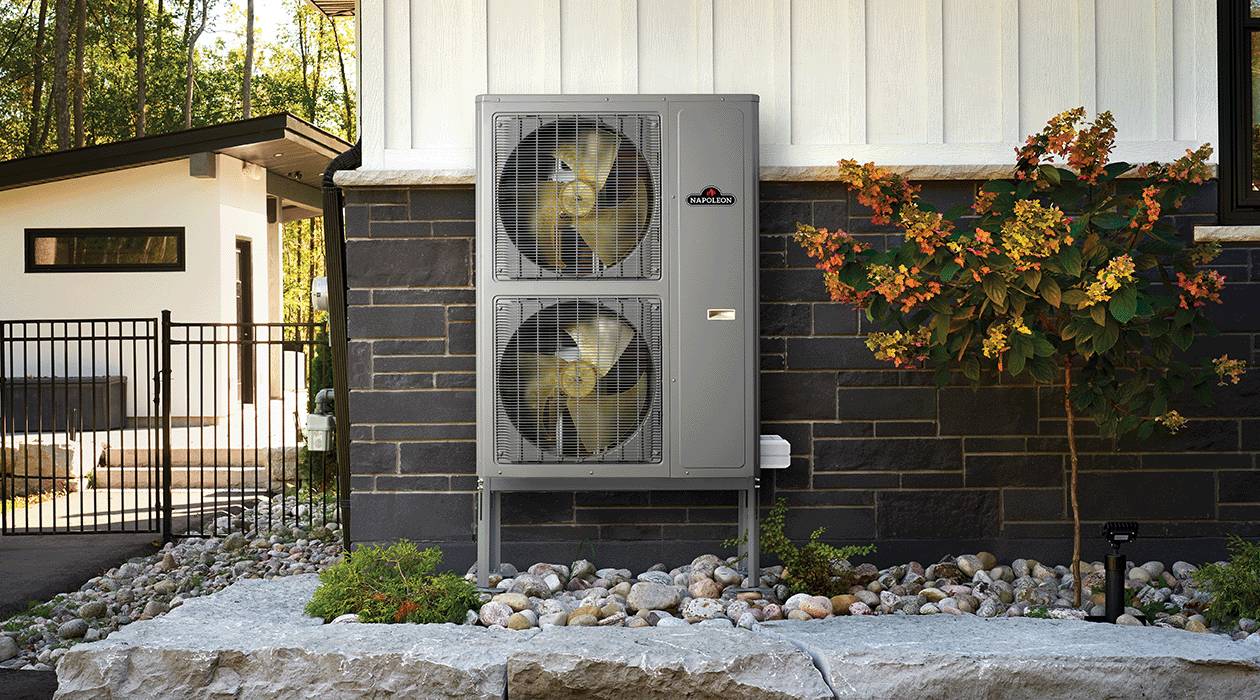
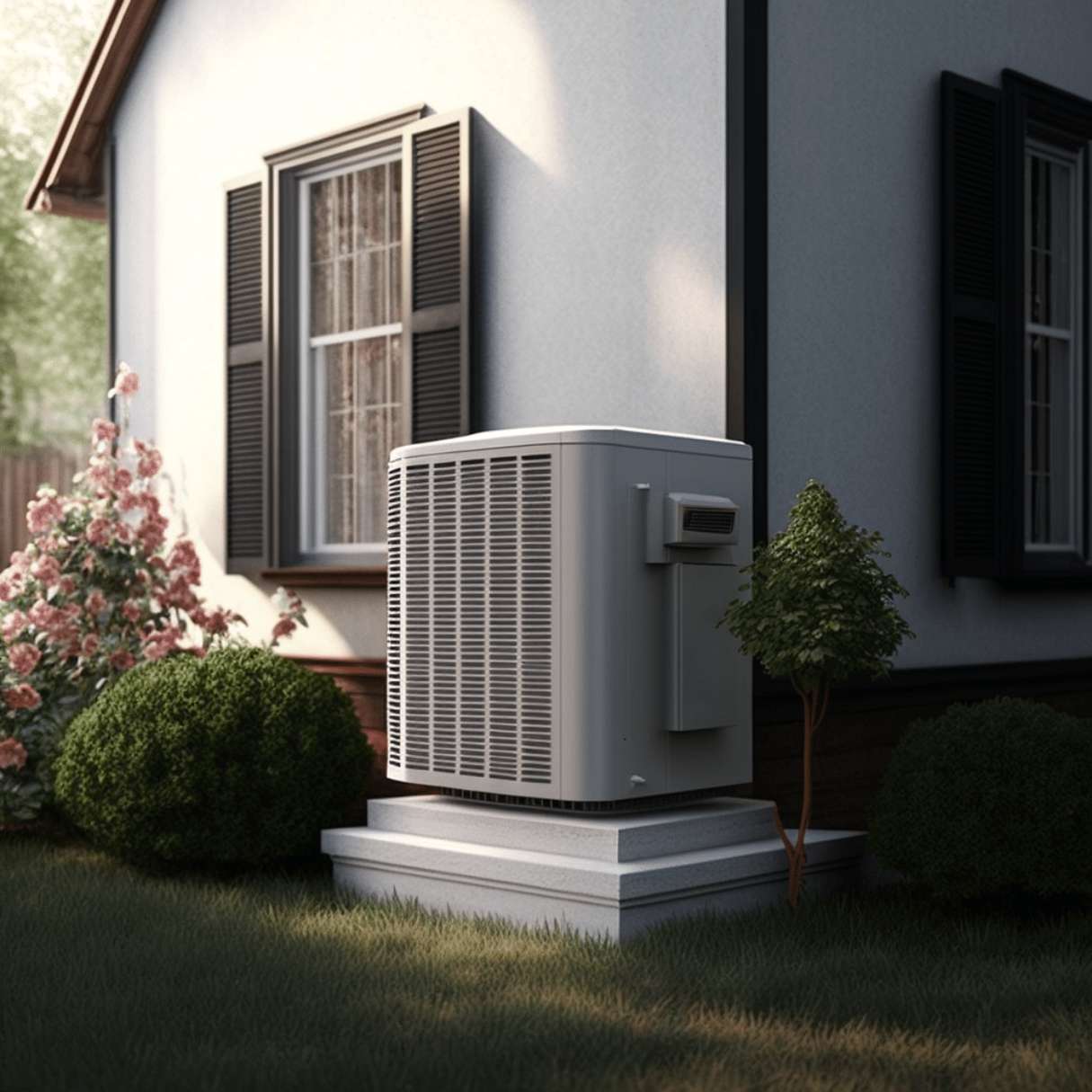
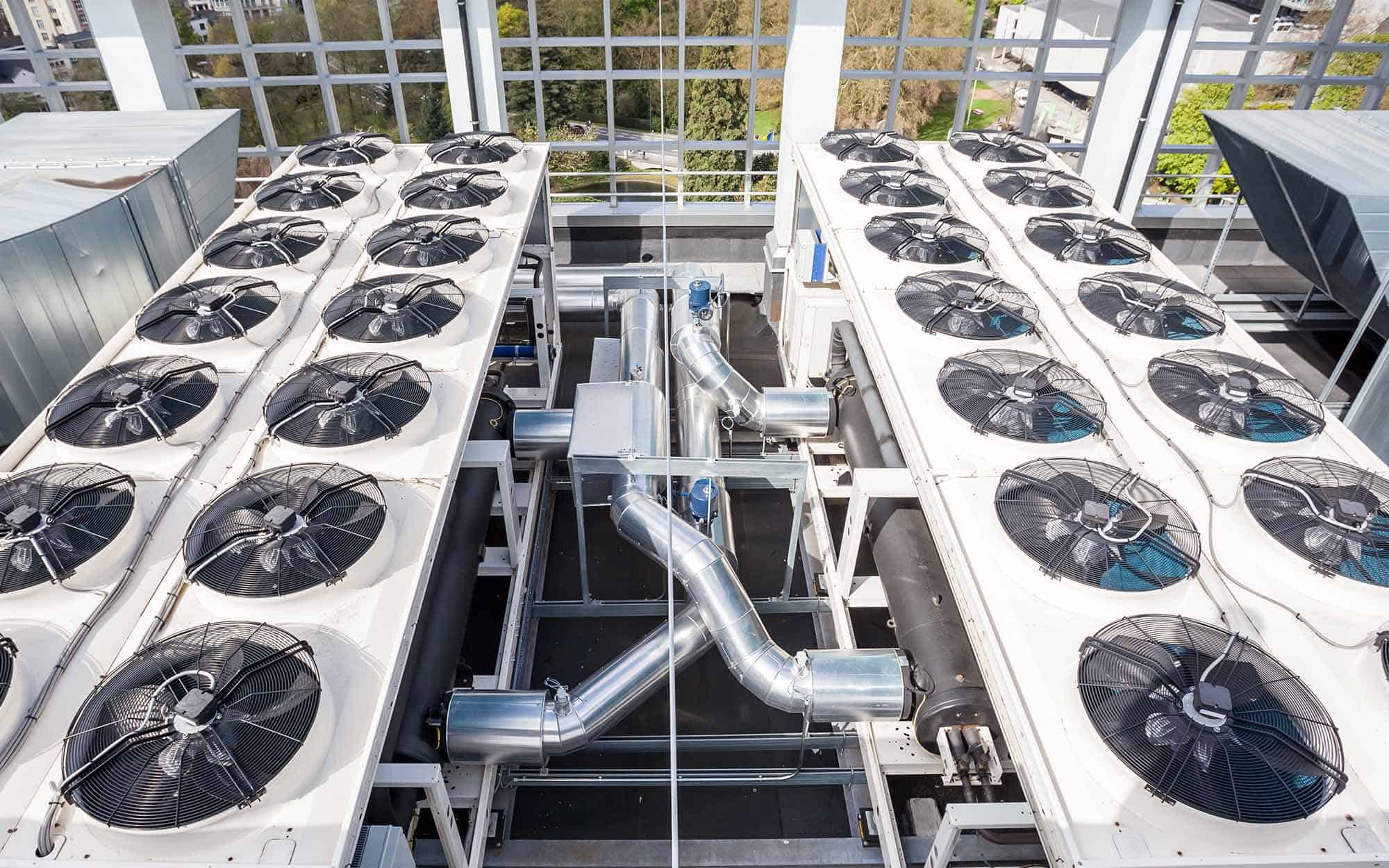
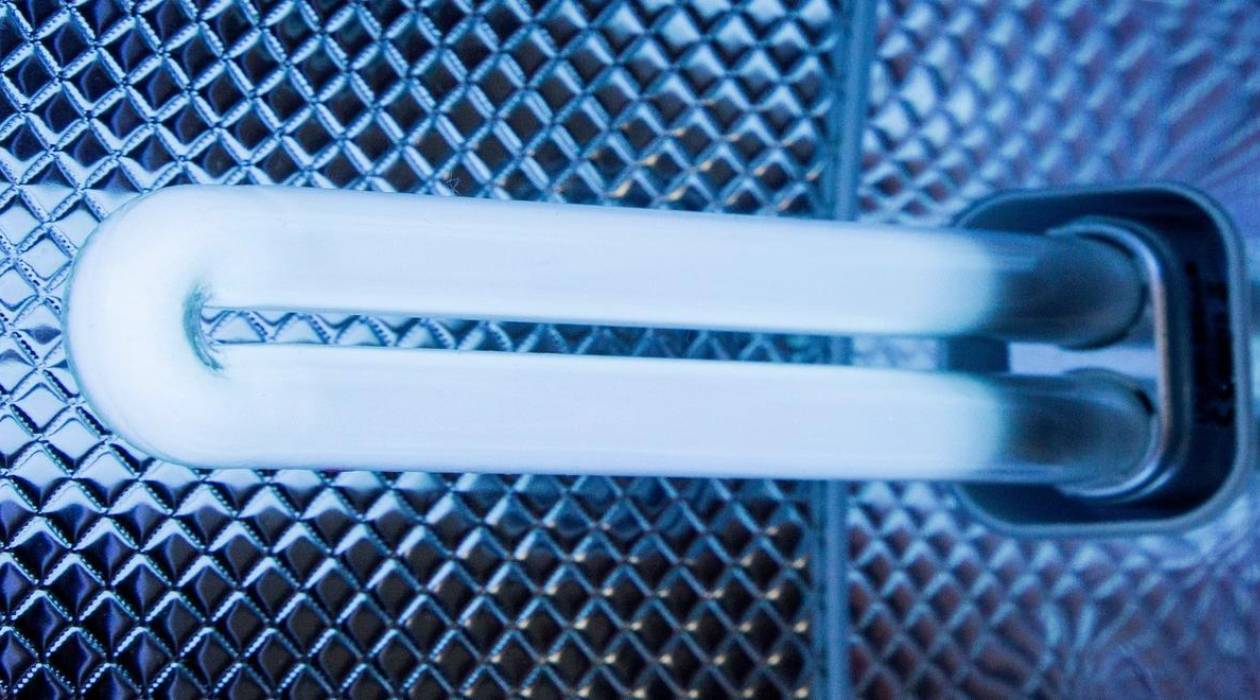
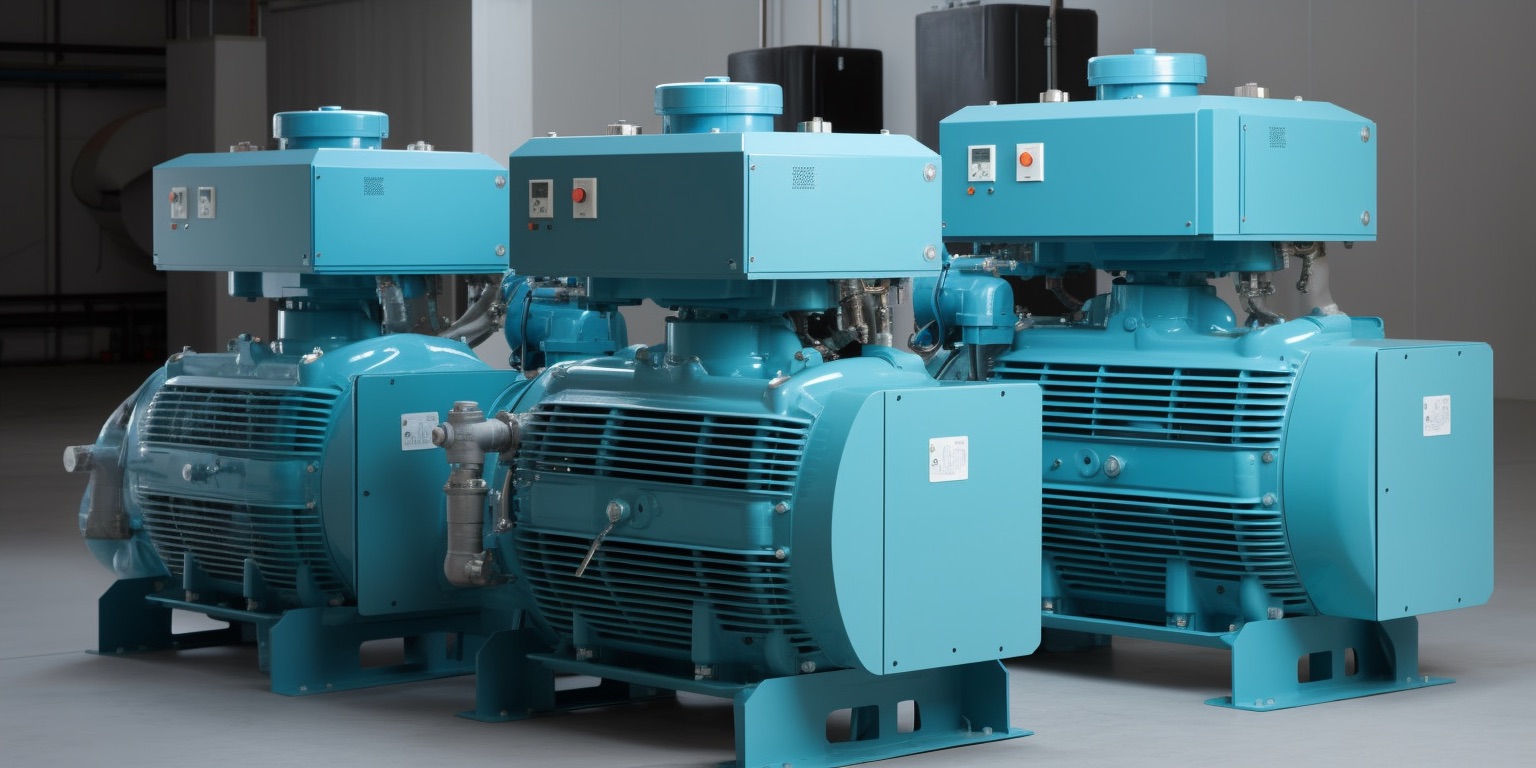
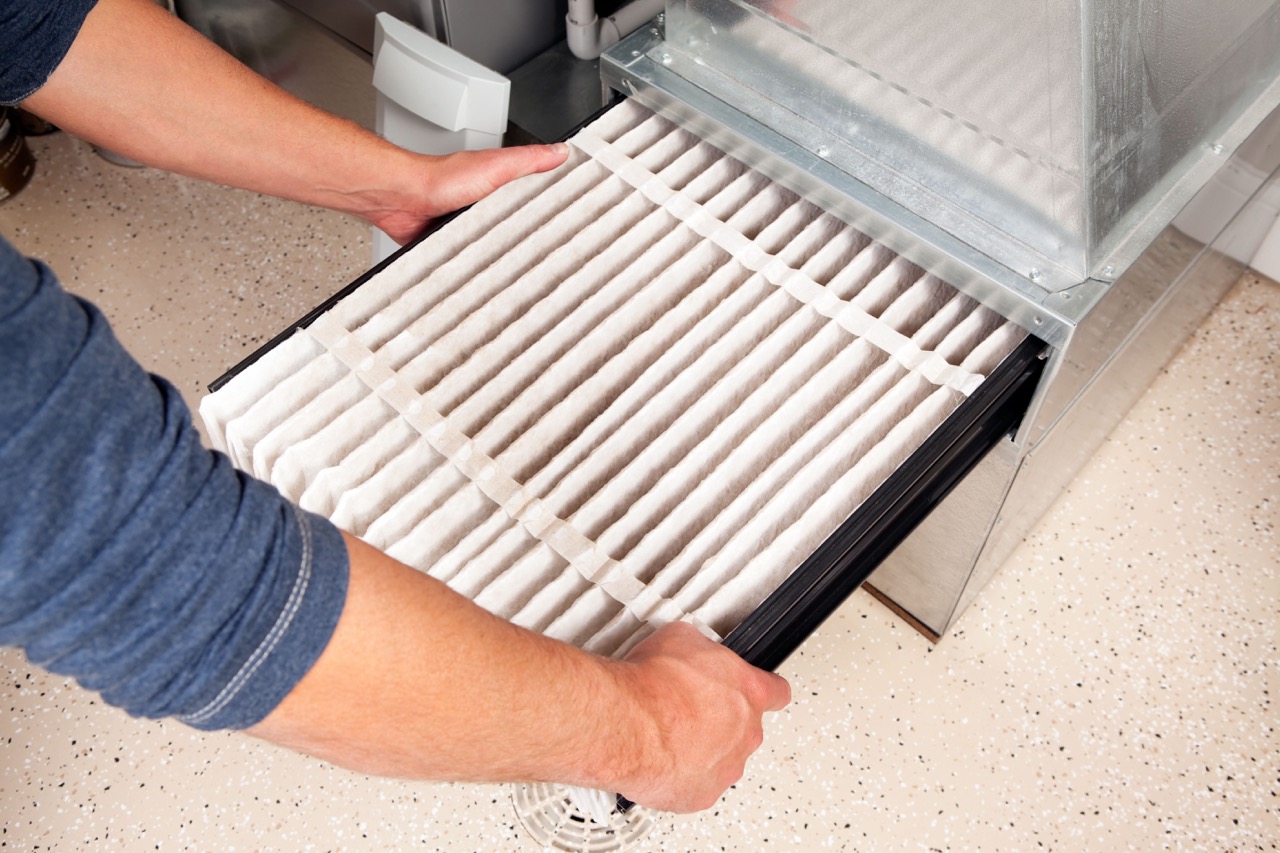
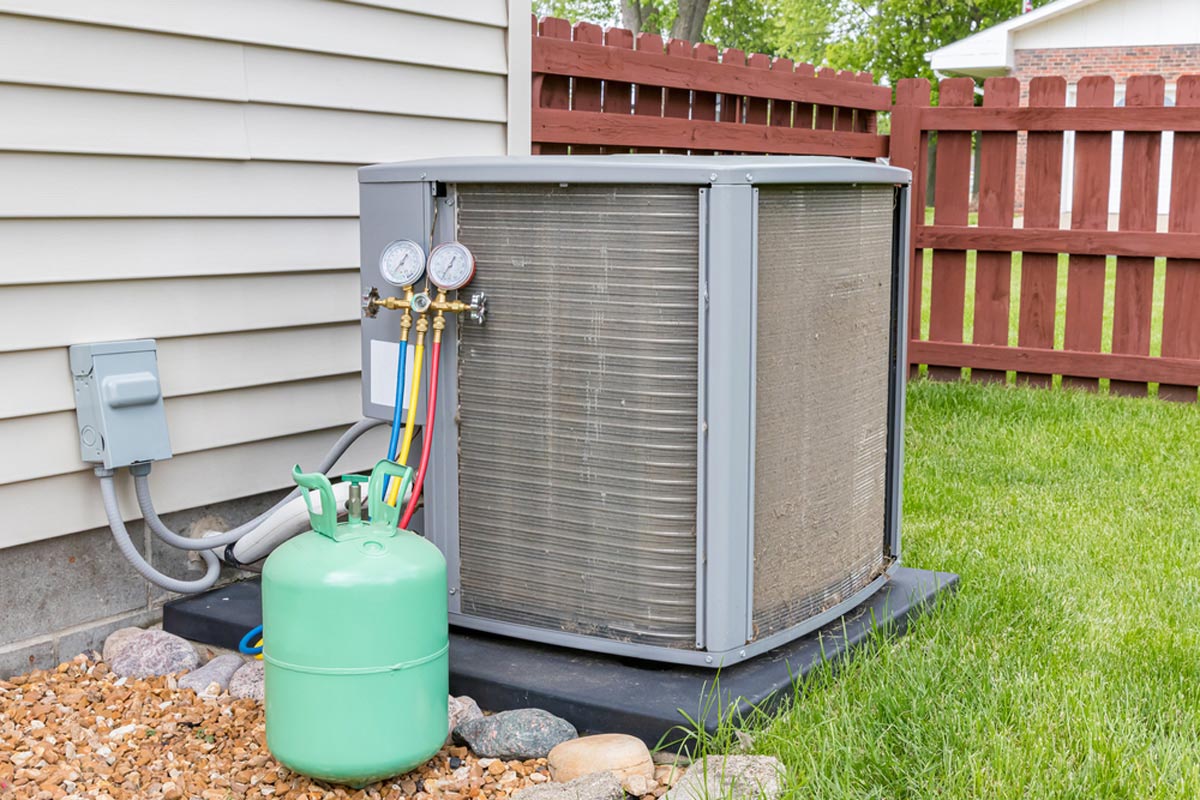

0 thoughts on “How Much Electricity Does An HVAC System Use”